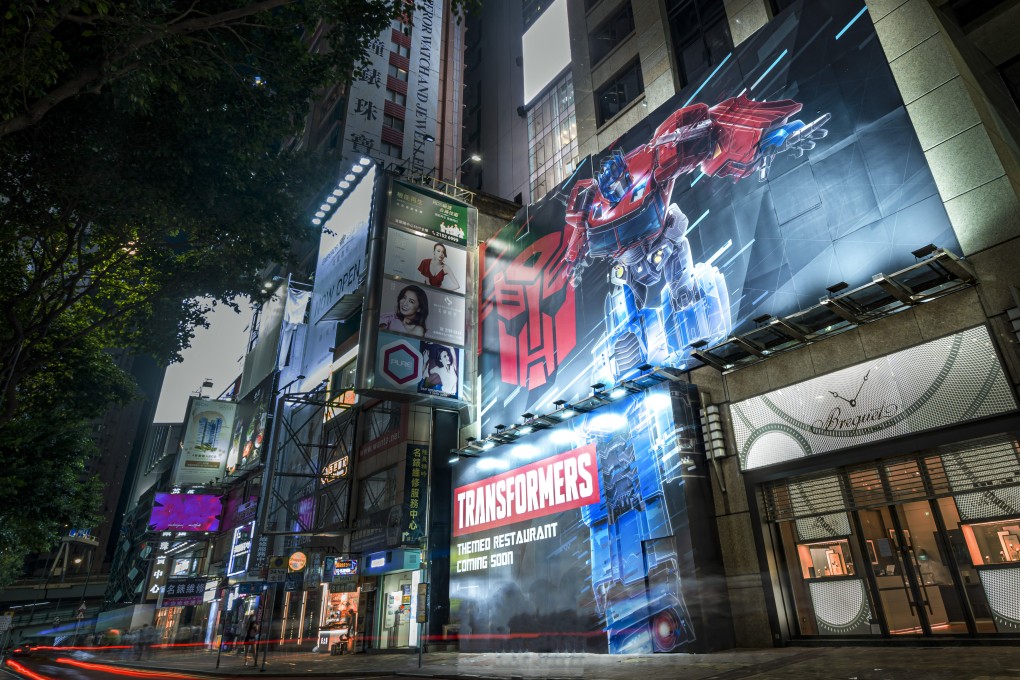Advertisement
Can Hong Kong recover from Covid-19 to reclaim luxury retail market crown?
- Russell Street, a premier shopping destination once home to Burberry and Prada, has been taken over by surgical masks, cheap clothes and restaurants
- The change is permanent, even if China opens up, a CBRE executive says
Reading Time:3 minutes
Why you can trust SCMP
9

Just over two years ago, Hong Kong’s Russell Street was the world’s priciest retail strip and hosted luxury brands such as Burberry and Prada, among others.
But a double whammy of Hong Kong’s worst social unrest in decades and the Covid-19 pandemic knocked Russell Street – and subsequently Tsim Sha Tsui in Kowloon – off the perch of the world’s most expensive retail spaces in terms of rents per square foot, according to a report by Cushman & Wakefield in November.
Rents have tumbled. A walk through Causeway Bay, where Russell Street is located, these days reveals how dramatic the change has been. The former flagship store of US-based lingerie brand Victoria’s Secret is now occupied by a supermarket. The space previously occupied by Burberry has been taken up by a yet-to-open Transformers-themed restaurant, while other shops have been leased by vendors of surgical masks, cheap gadgets and clothes, or food and beverages.
Advertisement
These shops now mainly cater to local consumers, who have become retailers’ key market in the absence of tourists from mainland China, who used to snap up luxury handbags and jewellery, among other high-priced items.
“I think that it’s a permanent change. That’s especially even if China opens up,” said Marcos Chan, executive director and head of research, Hong Kong at CBRE. “I think it’s not going to go back to the heydays of before.”
Advertisement
Advertisement
Select Voice
Choose your listening speed
Get through articles 2x faster
1.25x
250 WPM
Slow
Average
Fast
1.25x
